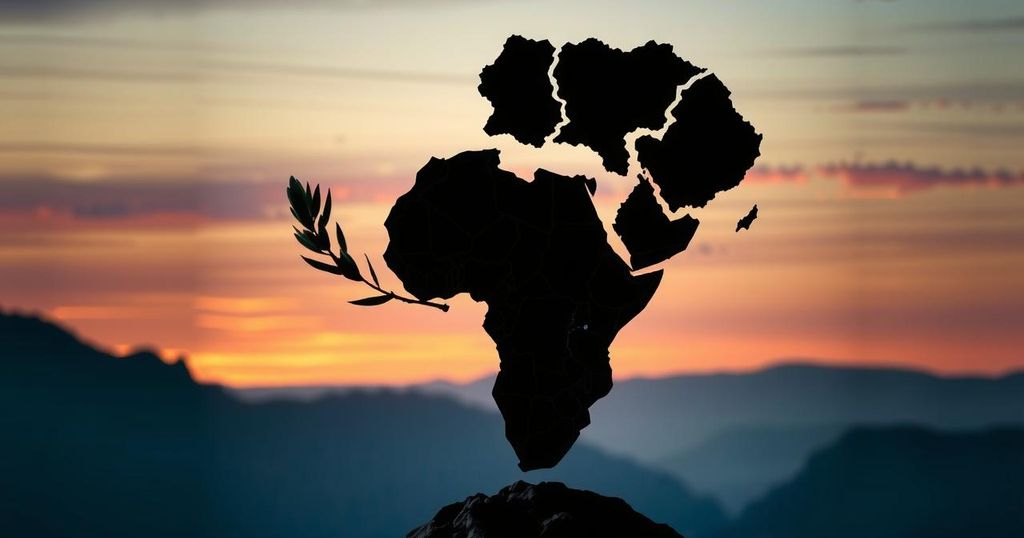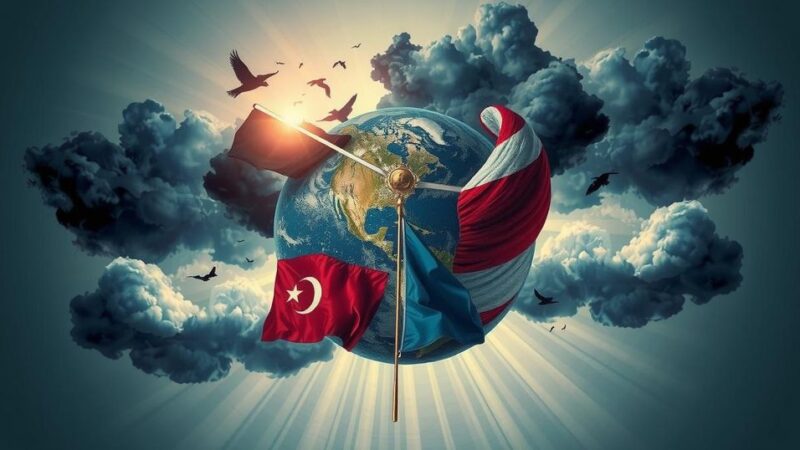The M23 rebel group has allegedly taken control of Goma, leading to a significant escalation in conflict within the DRC. This situation has caused mass civilian displacement. The international community is poised to react, as Goma serves as a crucial humanitarian hub, and the effects of the violence could have lasting implications in the region.
The M23 rebel group has declared control of the city of Goma, marking a significant setback for the Democratic Republic of the Congo (DRC) and potentially escalating an ongoing conflict that has resulted in numerous casualties and widespread displacement. M23 fighters intensified their offensive in early 2023, capturing surrounding towns and pushing toward Goma, the capital of North Kivu province, which is essential for security and humanitarian operations. Reports indicate an exodus of residents fleeing Goma amidst escalating violence, highlighting the dire humanitarian situation.
The M23, or March 23 Movement, is an armed rebel group in eastern DRC, primarily composed of Tutsi fighters. It emerged in 2012 amid grievances regarding treatment within the Congolese army and has aimed to protect the rights of the Tutsi minority. The group is accused of being supported by Rwanda, which has denied these claims, while also accusing DRC of harboring anti-Rwandan forces. The ongoing conflict has seen the resurgence of M23 since 2022, leading to a worrying humanitarian crisis with millions displaced.
The M23’s capture of Goma poses an increased threat not only to the local population but also to the stability of the region. The international community is closely monitoring the situation, as diplomatic efforts are crucial to preventing further violence. Economic and political ramifications may arise from the conflict, particularly in the wake of Rwanda’s alleged involvement. Continued tensions between regional powers may hinder potential resolutions and contribute to further instability.
Original Source: www.aljazeera.com






